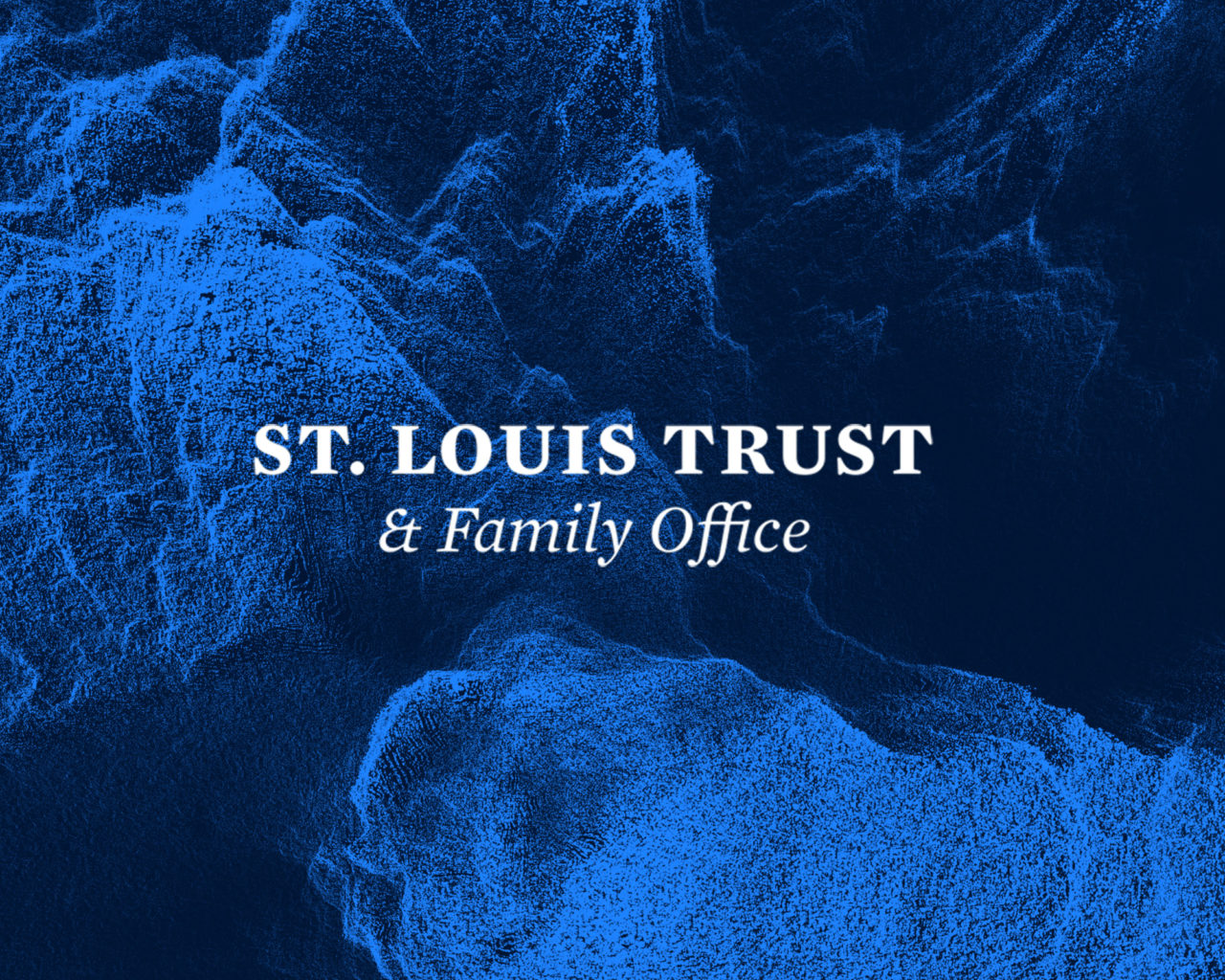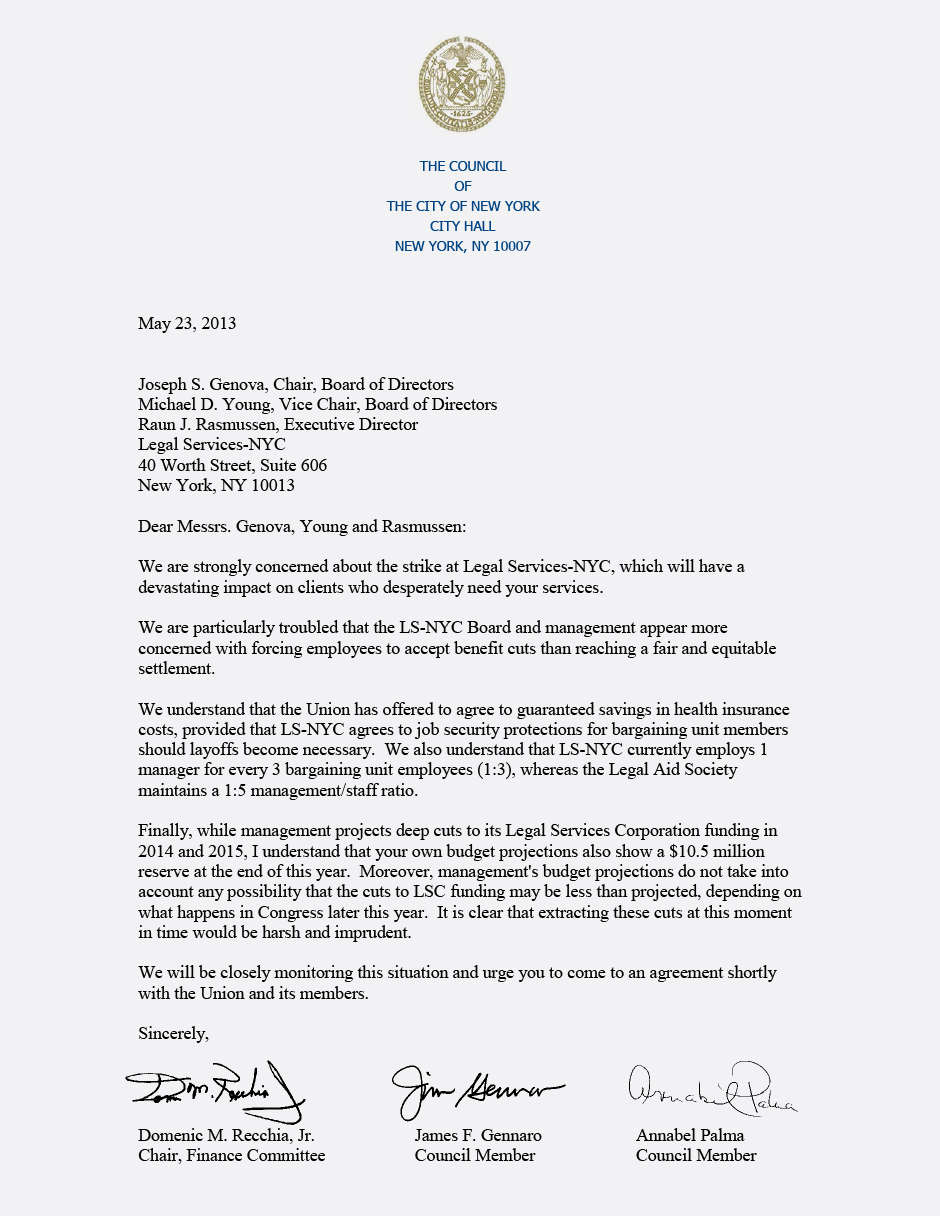
A variety of benefits come with working for banks: travel, career opportunities, salary, and more. We will be discussing the pros and cons of this job as well as the implications for the banking sector. The pros and cons of this job are also discussed. We also look at the key challenges facing consultants, as well as the potential for relocation.
Benefits of consulting banks
The need to increase efficiency and decrease costs is the reason why there is such a demand for consultants within the banking industry. Banks face regulatory changes like the Dodd-Frank Act which requires them to implement new procedures and systems. Consulting for banks is a lucrative career option, but it requires extensive training and education. Bank consultants usually have a bachelor's in business administration, finance or accounting. On-the-job training is also required. They will also need to acquire multiple licenses and certifications.
Bank consultants need strong problem-solving and analytical skills. They may be asked to explain complex financial concepts or to bank managers. They might also need to make client-specific recommendations.

Career path
Although there are similarities between both professions, there is a lot to be said for consulting and banking. Although they may be very close to an institution, they have vastly different cultures and lifestyles. Consultants work less than their bank counterparts and enjoy a more collaborative atmosphere. Consultants are also more flexible and have more weekends.
Most consulting jobs are secure. But banking jobs require traveling. Many consultants commuting to New York, New Jersey, or London will spend a significant portion of their time away from home.
Salary
The base salary for consultants for banks is similar to other consulting jobs, however, bonuses are more than half of the annual compensation. It is difficult to recruit the best candidates from the consulting sector because the more money is what makes investment banking so important. Nearly half the McKinsey staff eventually made it into the financial world.
Although they may work longer hours, consultants and bankers have a similar lifestyle. In their first year, bankers often work 70 to 90 hours per week. Weekends and Sundays are often a full work week for bankers. Consultants work typically 60 hours per week, and may need to travel.

Travel
Banks are always looking for ways to increase the value of their travel offerings. There are many options. To increase flexibility and decrease costs, banks can make use of cloud-based travel technology. Other approaches include providing travel advice, offering additional benefits, and engaging in business networking. Travel consultants can also offer referrals, which is a great way to attract new clients.
Travel consultants can help organize travel arrangements and make recommendations to ensure their clients have a wonderful experience. They may also call the frequent flyer desk for their clients to ensure that they are getting the best deals possible. They can also call the personal numbers of mileage experts to refer clients. These professionals are also invited to attend fam trips, and they receive invitations for the latest travel products and services.
FAQ
What should I expect from my consultant
Within a few days of selecting your consultant, you can expect to hear back. They will ask you for information about your business, including the mission, goals, products, and budget. Next, they'll provide a proposal describing the scope and estimated time frame, fees, deliverables or milestones, as well as an estimate of costs.
If everything is in order, then the parties will enter into a written contract. The type of relationship between the parties (e.g., employee-employer, independent contractor-employer) will affect the terms of any contract.
If everything goes smoothly, the consultant can begin work immediately. The consultant will have access your internal documents and resources. Additionally, you'll have access their skills and knowledge.
Don't assume that someone who is a consultant knows everything. It takes effort and practice to become an expert in whatever field you consult. Do not expect your consultant to be an expert in every aspect of your business.
What happens after the consultant completes the job?
After the consultant completes his/her work, the final report will be submitted detailing the findings of their work. This report will include project timelines and deliverables as well as any other relevant information.
After that, you'll go through the report and decide if it meets your expectations. If not, you can either request changes or terminate the contract.
Can anyone be a Consultant?
A consultant is someone who helps you achieve your goal by providing advice on how to do something better, faster, cheaper, etc.
Consultants can help you resolve problems, make decisions, and negotiate with other people.
Consultants can be hired to assist with specific tasks or projects.
Consultants are usually paid hourly, daily or per project.
Statistics
- My 10 years of experience and 6-step program have helped over 20 clients boost their sales by an average of 33% in 6 months. (consultingsuccess.com)
- According to IBISWorld, revenues in the consulting industry will exceed $261 billion in 2020. (nerdwallet.com)
- Over 62% of consultants were dissatisfied with their former jobs before starting their consulting business. (consultingsuccess.com)
- On average, your program increases the sales team's performance by 33%. (consultingsuccess.com)
- WHY choose me: Why your ideal client should choose you (ex: 10 years of experience and 6-week program has helped over 20 clients boost their sales by an average of 33% in 6 months). (consultingsuccess.com)
External Links
How To
How can you find the best consultants?
It is important to first ask yourself what you expect from a consultant when searching for one. Before you start looking for someone to work with, it's important that you know your expectations. You should make a list of all the things you need from a consultant. These could include professional expertise, technical skills and project management abilities, communication skills, availability, and other things. After you have listed your requirements, it might be a good idea to ask colleagues and friends for their recommendations. Ask them if they had any bad experiences with consultants previously and see how their recommendations compare with yours. You can also do some online research if you don't know of any. There are many websites, such as LinkedIn, Facebook, Angie's List, Indeed, etc., where people post reviews of their previous work experiences. You can use the comments and ratings left by others to help you find potential candidates. Once you have a short list of candidates, contact them to arrange an interview. In the interview, discuss your needs and ask them for their suggestions on how you can achieve them. It doesn't really matter if they were recommended; as long as they understand your business objectives, they will be able to show how they could help you achieve them.